London-based designer Micaella Pedros has come up with a new way to give life to the old and discarded plastic bottles, as this humanitarian artist re-purposes them in her project, “Joining Bottles.” Micaella has designed a technique that enables her to use discarded plastic bottles and turn them into joints which can hold any wooden pieces together.
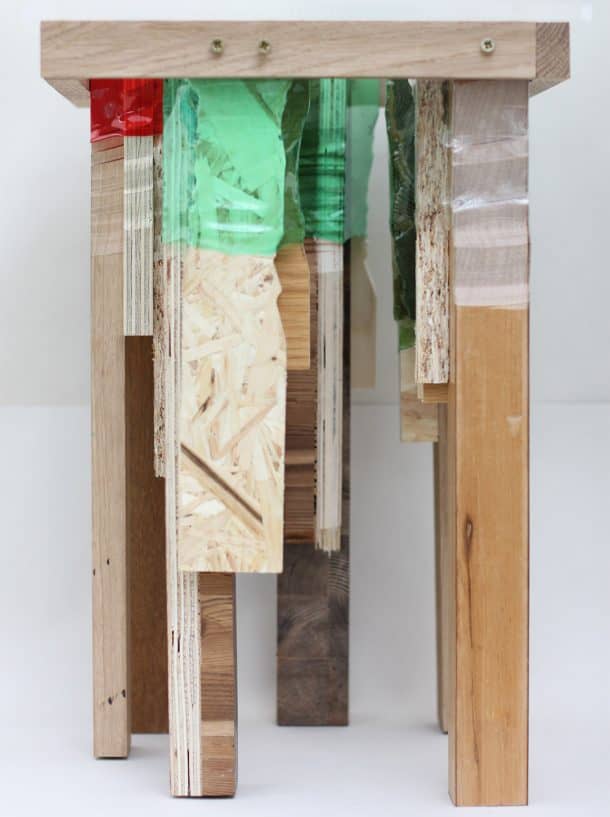
Scavenging for plastic bottles and containers has been a part of her journey, as she uses a heat gun to shrink the plastic and transform it into malleable rings. These rings could then be placed around pieces of wood to create all sorts of furniture and artifacts.
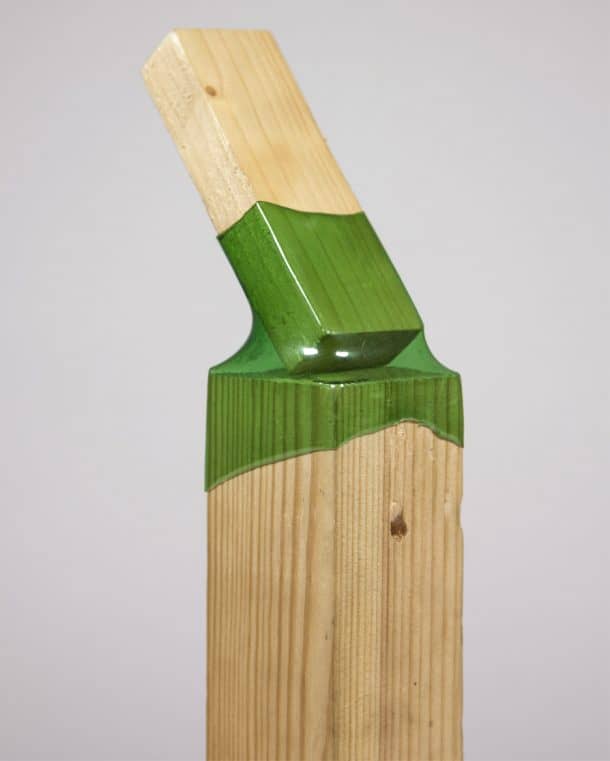
Pedros told Dezeen,
“Plastic bottles are everywhere around us, which makes it such an accessible and available material. When I discovered its potential to form a join, I was amazed by the fact that anyone can do it, embracing its democratic value and contributing to the growing do-it-yourself culture.”
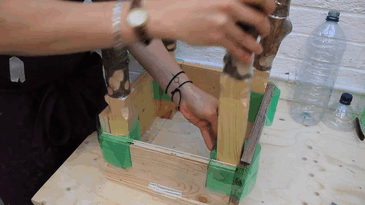
She added on,
“Both materials, wood and plastic bottles, are widely abundant in cities and other places. There are lying there as waste, waiting to be reclaimed by people,” Pedros writes. “Joining Bottles seeks to contribute to new beliefs based on what we, as individuals and communities, can do with what is available to us.”
According to Pedros, the strength of the joints depend on the shapes of the objects along with the grooves in the wood. Deeper ridges result in stronger holds, while they also stop separate parts from moving.
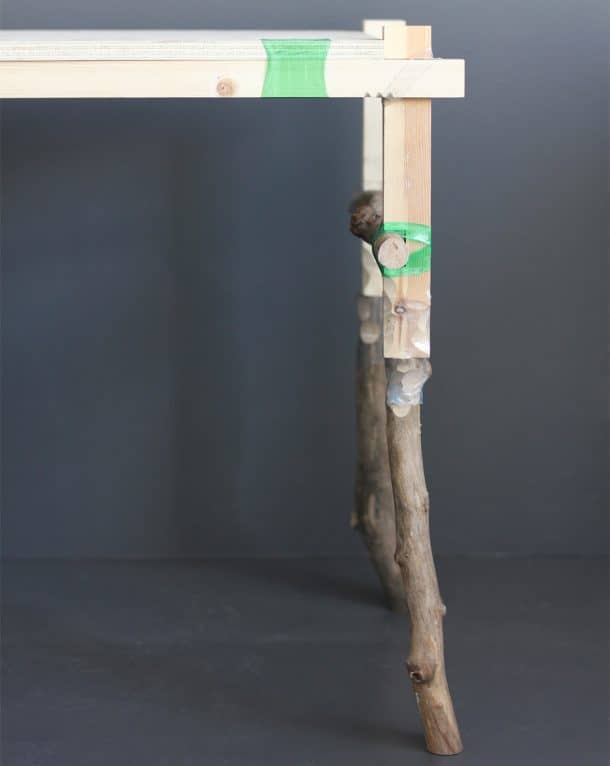
A heat gun warms the PET plastic up to 300 degrees Celsius, which moves the molecules closer together. As Pedros demonstrates, the process can not only join offcuts of wood, but can also extend the length of timber, and can even join wood with stones.
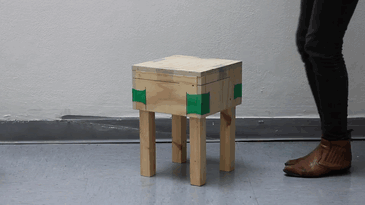
“There is something quite satisfying and magical about it,” she said. “Everyone encounters plastic bottles, and learning about a new way to make use of it inspires people to try it out themselves.”
Pedros now plans to keep testing the technique in a laboratory while teaching people about the technique in her workshop located in East London.
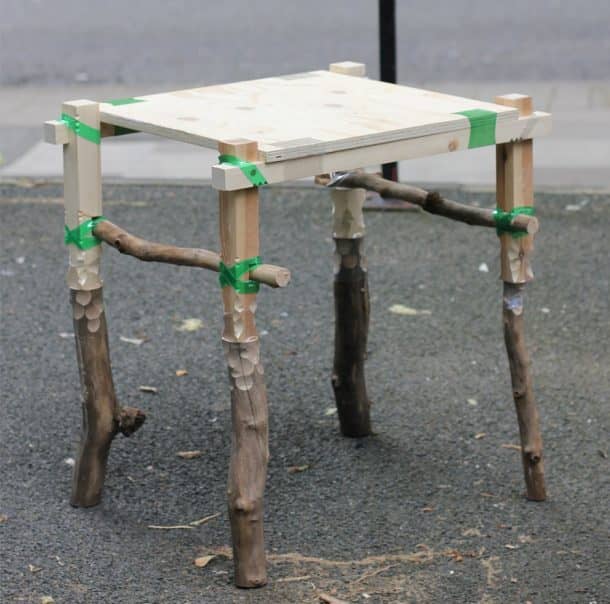
Watch as the whole process unfolds in the following video:
What are your thoughts on this joint-making technique?
Comment below!


